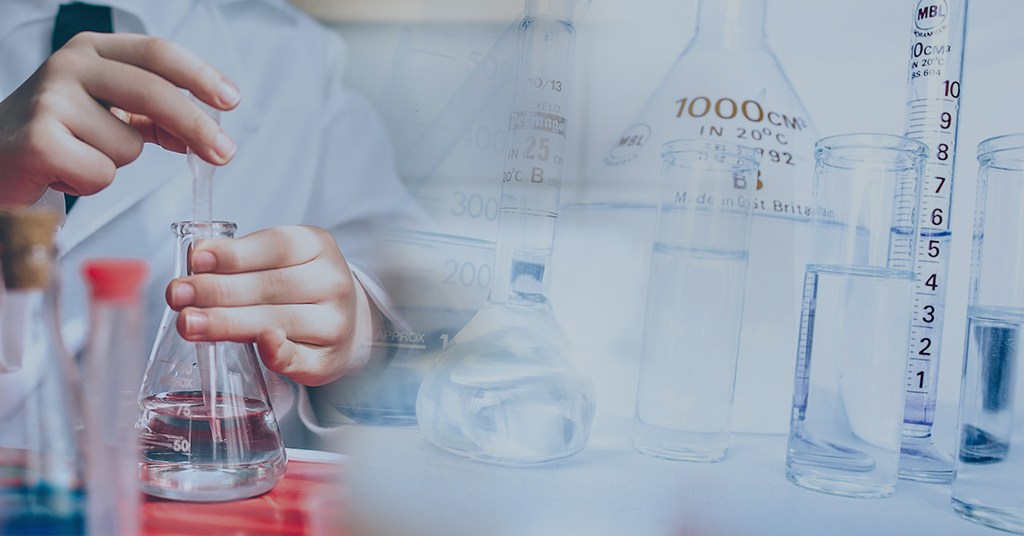Welcome To ChemAnalyst

After almost six months, China experienced its first Covid-related death in the last week of November. Two more deaths were reported the following day, raising fears that stringent restrictions may once again be implemented by the Chinese Officials. While China's new Covid dampens market optimism, Manufacturing activity again decreased for the fourth consecutive month, according to a market participant, as Covid-19 outbreaks continued to spread throughout the nation and strict infection-control measures continued to stifle both supply and demand. These further security measures could have a significant effect on China, the world's largest producer of nutraceuticals and active pharmaceutical ingredients, including Vitamins, Glucosamine, Melatonin, Paracetamol, Ibuprofen, Hydroquinone, and Ubiquinone, among many others.
After an unprecedented outburst of dissatisfaction in large-scale street protests in late November, the Chinese government announced a broad relaxation of its tight "zero Covid-19 " policy. The adjustments do not change the policy; rather, they signify a relaxing of restrictions that have hurt the economy by interfering with hundreds of millions of people's daily lives, forcing the closure of numerous small firms and driving unemployment to an all-time high.
The industry veteran presiding over the panel on Renminbi (Yuan) in reserves at Central Banking stated that central banks are operating in "the most demanding circumstances that I have known." The discontinuation of central bank bond purchases for monetary policy goals and substantially rising interest rates have hurt the financial markets on another level. As a result of the size of the market and the significance of China in international trade of nutraceuticals, local currency bonds, and the Chinese settlement system have been promoted as alternatives to US dollar assets and the US dollar-centric financial system.
China's Purchasing Managers' Index (PMI) was approximately 48% last month. The PMI, a measure of the manufacturing sector's economic health, is based on five key metrics: new orders, inventory levels, production, supplier deliveries, and employment conditions, which showed a slight improvement but was still below average scenario.
According to ChemAnalyst, in light of all of this, the nation's condition is still ambiguous, and it would be an exaggeration to claim that China is moving toward normalcy. However, ease in the international supply chain and inflationary pressures could potentially improve the trade flow of several dietary supplements and nutraceuticals, including Vitamin D3, Vitamin C, Vitamin B12, and others in the US, Germany, and India.
We use cookies to deliver the best possible experience on our website. To learn more, visit our Privacy Policy. By continuing to use this site or by closing this box, you consent to our use of cookies. More info.
